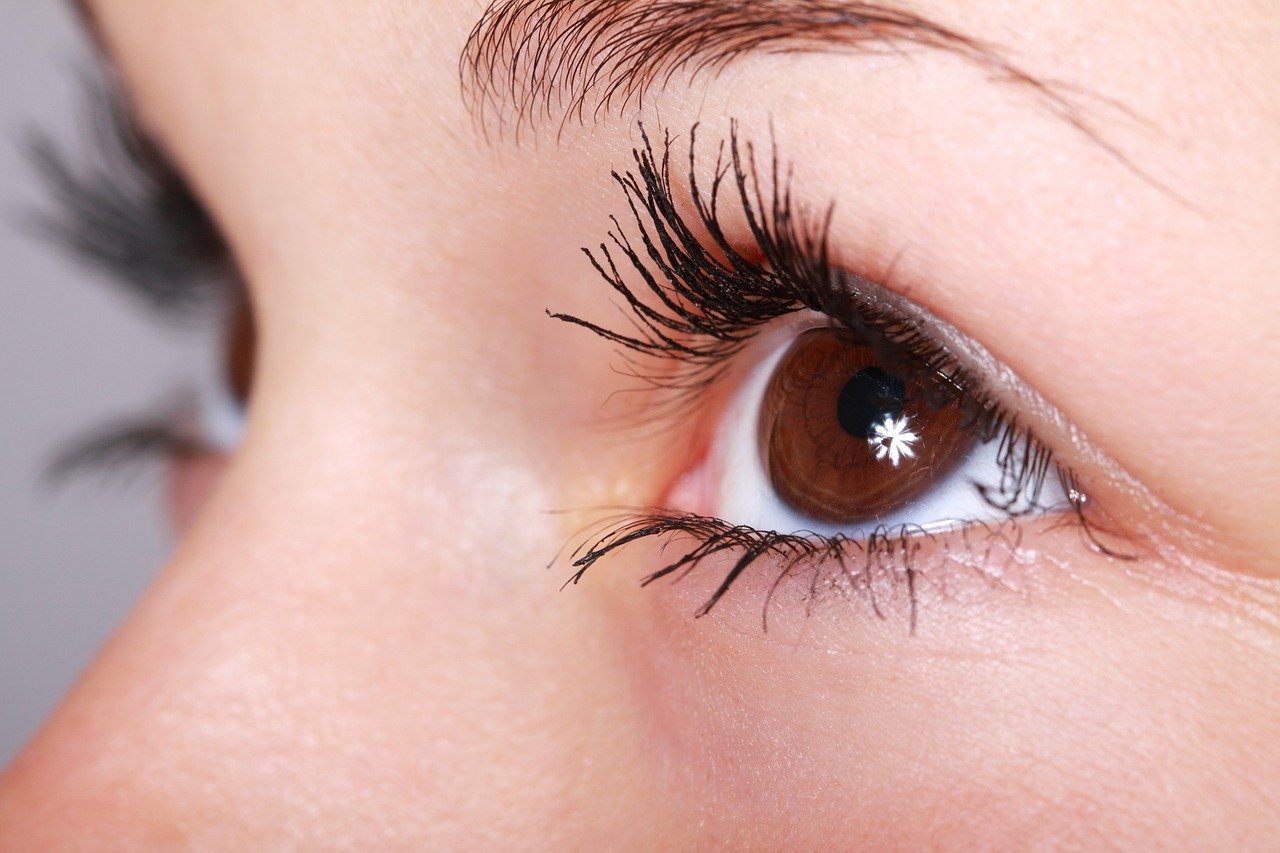Most eye disorders can be treated. However, you need to go in for eye exams at least once every two years to ensure that your eyes are in good condition. There are also many different eye treatments that your optometrist can offer to treat your eye condition or disorder.
In summer, your eyes may be more susceptible to developing certain eye conditions due to the sun’s intense heat and bright light. You may also be more likely to be outside during the summer, which may increase your vulnerability as well.
Here, our focus will be on how you can best deal with eye diseases during the summer.
Common Eye Disorders in Summer
The tear film in your eyes may evaporate due to the elevated temperatures you will have to deal with during the summer. The result is that your eyes will feel dry and itchy. People with dry eyes often report feeling a burning sensation in their eyes, which can be very unpleasant.
The discomfort may make it hard to work during the summer, and you may require eye drops to hydrate your dry eyes. Your eyes will be more prone to becoming dry as the temperature continues to rise, so be aware of it during those particularly hot, muggy days.
Conjunctivitis is also quite common during the summer. Conjunctivitis is also known as red-eye or pink eye. If your eyes start to water uncontrollably for no obvious reason, you may have conjunctivitis.
Other common symptoms of conjunctivitis include redness and eye itchiness. Conjunctivitis may also be caused by a fungal, bacterial, or viral infection and should be treated by a doctor to obtain relief.
Eyelid swelling may also be caused by a condition known as a stye. Eye redness and eye pain are also common symptoms associated with a stye.
Styes primarily affect children, and children are more susceptible to developing stye during the summer: This is because children are more likely to play outside during the summer.
Summer eye allergies are also something that you should be concerned about. Viruses and fungi are more prevalent during the summer. Vision allergy symptoms will likely increase during the summer months.
Some common eye allergies that many people complain about during the summer include chronic eye burning and dry and itchy eyes. Please speak to your doctor or an optometrist if your eye allergies are affecting your quality of life.
Proper Treatments for Eye Disorders
You should apply ointments or eye drops to the inside of your eyelids between three to four times per day. Some antibiotics are prescribed to treat dry eyes. They are usually taken by mouth, although some are also available in ointment or eye drop form.
Most corneal infections are not severe and can be treated with an oral or topical antibiotic without any side effects or lingering problems. However, some corneal conditions can be quite painful and may require surgical intervention.
Surgery is the last resort for retinal problems, dry eyes, and other common eye disorders. Corneal transplants are also commonly performed, and the popularity of LASIK has skyrocketed in recent years due to advances in safety and efficacy.
There are many eye surgery benefits. However, eye issues should be treated as soon as possible to reduce the risk of complications and accelerate the recovery process.
Tips to Protect Eyes in Summer
To avoid common eye infections, you should wear sunglasses. However, not all sunglasses are created equal. A cheap pair of sunglasses will provide limited protection against the powerful UV rays of the sun.
Ensure that the pair you buy provides 100% UV protection to enjoy comprehensive protection against the sun’s harmful rays.
Dehydration can affect every part of your body, including your eyes. If you want to reduce the risk of dehydration, drink plenty of water. Most doctors recommend 6 to 8 glasses of water or 3 to 4 bottles of water per day.
You may need even more water if you are outside for prolonged periods or engaged in physical activity.
It is also paramount that you avoid touching or rubbing your eyes to reduce the risk of spreading or contracting an infection. For example, you can infect yourself with Covid-19 by touching or rubbing your eyes.
Ensure to wash your hands with soap and water thoroughly and avoid touching your eyes, nose, and mouth.
Many eye diseases can be prevented by eating a healthy and balanced diet. Avoid foods high in sugar and sodium, as they can increase your risk of developing diabetes and heart disease.
You should also try and eat fruits and vegetables high in antioxidants, as antioxidants can help prevent certain eye disorders.
Protect Your Eyes
Summer is a great time to relax, go on vacation or have fun outdoors. But it’s also a time when many people experience summer eye diseases. As you know, vision is very important for a lot of things. It can be hard to have fun without being able to see, and if it’s hard to see, it’s hard to do well. The first thing you should do is protect your eyes.
The eyes are an exposed part of your body and are vulnerable to harm. They are a vital organ of your body that should be protected at all costs. Eye problems may also develop at any point in time.
However, the risk of developing an eye condition will increase during the summer due to the sun’s dry and sweltering heat and bright light. As we get closer to summer, the sun gets stronger and we have to take precautions to protect ourselves from the sun’s dangerous UV rays. Did you know that you can also hurt your eyes by spending too much time in the sun? If you spend a lot of time exposed to the sun, your eyes can begin to feel dry and irritated.
Fortunately, you can prevent and treat many eye conditions by being proactive before they develop or while they are still minor. Even if you are not experiencing any symptoms, you should still see an eye doctor and have your eyes tested at least once every two years. Some eye problems may cause internal damage without any symptoms until the problem becomes quite severe.


